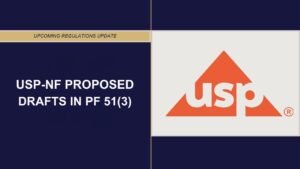On February 10, 2025, the FDA issued a Warning Letter to Marshalls Traditional Healthcare CC, following an inspection of its Germiston, South Africa facility from September 19 to 23, 2024.
The letter identified critical violations of Current Good Manufacturing Practice (CGMP) regulations, including failures in finished product release testing, process validation, and water system control. These deficiencies resulted in the adulteration of drug products under Section 501(a)(2)(B) of the Federal Food, Drug, and Cosmetic Act (FD&C Act).
Below is a detailed breakdown of the FDA’s findings and recommended Corrective and Preventive Actions (CAPA).
Key Non-Conformances Identified
Some of the key non-conformances cited in the warning letter include:
Non-Conformance 1: Inadequate Finished Product Release Testing
Regulatory Citation: 21 CFR 211.165(a) & (b)
Findings:
- The firm failed to conduct identity and strength testing for the active ingredient in each batch before product release.
- No microbial testing was conducted to ensure the absence of objectionable microorganisms in finished drug products.
- No risk assessment or retrospective review was performed for batches already released.
SEE ALSO: Quality Risk Management (QRM)
Non-Conformance 2: Failure to Establish Adequate Production & Process Control Procedures
Regulatory Citation: 21 CFR 211.100(a) & (b)
Findings:
- The firm’s Process Validation Plan lacked essential parameters such as hold times and processing limits.
- The Process Validation Protocol did not contain sampling instructions or batch production records.
- The company lacked evidence that its manufacturing process consistently produces quality drug products.
Non-Conformance 3: Inadequate Control of (b)(4) Water System
Regulatory Citation: 21 CFR 211.113(b)
Findings:
- The company turned off its (b)(4) water system when not in use, stopping circulation—a major deviation from required system design.
- The firm failed to demonstrate that its (b)(4) water system meets chemical and microbial quality standards.
- No validation data was provided to confirm that the system meets USP monograph requirements for pharmaceutical water.
CAPA Plan Recommendations
Marshalls Traditional Healthcare must implement a comprehensive CAPA plan to address these critical deficiencies. Below are the recommended actions for each non-conformance:
Non-Conformance 1: Inadequate Finished Product Release Testing
Regulatory Citation: 21 CFR 211.165(a) & (b)
Root Cause Analysis (RCA)
- Lack of Scientific Oversight: The Quality Unit failed to ensure product testing covered all necessary parameters before release.
- Inadequate Testing Infrastructure: The laboratory lacked validated methods, trained personnel, and appropriate microbial and chemical testing equipment.
- Regulatory Misinterpretation: The company underestimated the importance of batch release testing, assuming raw material testing alone was sufficient.
Corrective and Preventive Actions (CAPA)
- Conduct a comprehensive laboratory assessment of test methods, procedures, and documentation.
- Develop and validate testing protocols for each batch, including:
- Identity and potency testing of active ingredients.
- USP <61> and <62> microbiological testing.
- Perform a retrospective review of previously released batches and recall if necessary.
- Train personnel on CGMP-compliant product release procedures.
Non-Conformance 2: Failure to Establish Adequate Production & Process Control Procedures
Regulatory Citation: 21 CFR 211.100(a) & (b)
Root Cause Analysis (RCA)
- Deficient Process Understanding: The firm did not apply scientific principles to process validation, leading to gaps in defining critical parameters.
- Lack of Risk-Based Approach: No formal risk assessment was performed to determine the impact of hold times and processing limits on product quality.
- Weak Documentation Practices: The Process Validation Protocol was incomplete and did not ensure reproducibility in commercial batches.
Corrective and Preventive Actions (CAPA)
- Redesign the Process Validation Protocol, ensuring it includes:
- Operating parameters and processing limits.
- Sampling instructions.
- Batch production records for validation batches.
- Implement Process Performance Qualification (PPQ) studies to confirm process control.
- Establish an ongoing monitoring program for process variation.
- Train personnel on CGMP-compliant process validation techniques.
SEE ALSO: Process Validation Lifecycle: Risk-Based Approach
Non-Conformance 3: Inadequate Control of (b)(4) Water System
Regulatory Citation: 21 CFR 211.113(b)
Root Cause Analysis (RCA)
- System Design Deficiency: The (b)(4) system was not designed for continuous recirculation, leading to microbial stagnation risks.
- Lack of Preventive Maintenance: No routine monitoring was conducted, allowing contamination risks to go undetected.
- No Validation Strategy: The company failed to validate the system against USP monograph requirements, relying on assumptions instead of data.
Corrective and Preventive Actions (CAPA)
- Redesign and validate the (b)(4) system to ensure continuous recirculation.
- Implement a real-time microbial monitoring program.
- Establish total microbial count limits and routine testing.
- Conduct a risk assessment on previously manufactured batches that used inadequate (b)(4).
- Train employees on water system maintenance and CGMP compliance.
Timeline for Implementation
Immediate Actions (0-3 Months)
- Conduct independent laboratory audits to assess testing deficiencies.
- Validate finished product release testing and implement USP-compliant methods.
- Implement interim (b)(4) water system controls while completing a full redesign.
Short-Term Actions (3-6 Months)
- Complete a retrospective risk assessment for previously released drug batches.
- Implement a comprehensive Process Validation Plan, including process parameters and controls.
- Perform Process Performance Qualification (PPQ) studies.
Long-Term Actions (6-12 Months)
- Conduct an external CGMP compliance audit of the entire facility.
- Establish an ongoing monitoring program for both product quality and water system control.
- Implement a corrective training program for staff on CGMP compliance.
Conclusion
The FDA Warning Letter to Marshalls Traditional Healthcare CC highlights significant CGMP violations, particularly in finished product release testing, process validation and control, (b)(4) water system design and monitoring.
The company must take immediate action to implement a comprehensive CAPA plan and submit a response to the FDA within 15 working days. Failure to comply may result in further regulatory action, including import bans, product recalls, and facility re-inspections.
This warning letter is a critical reminder that CGMP compliance is essential for product safety and regulatory approval in the pharmaceutical industry.















